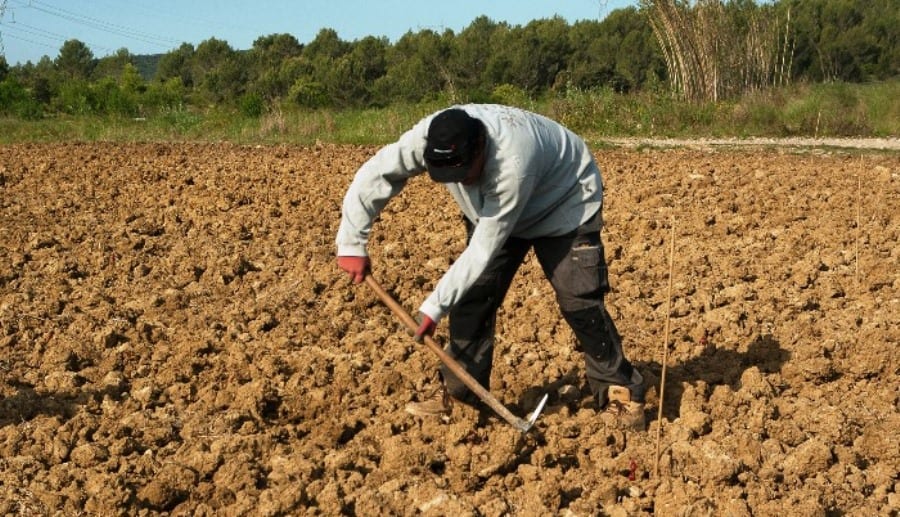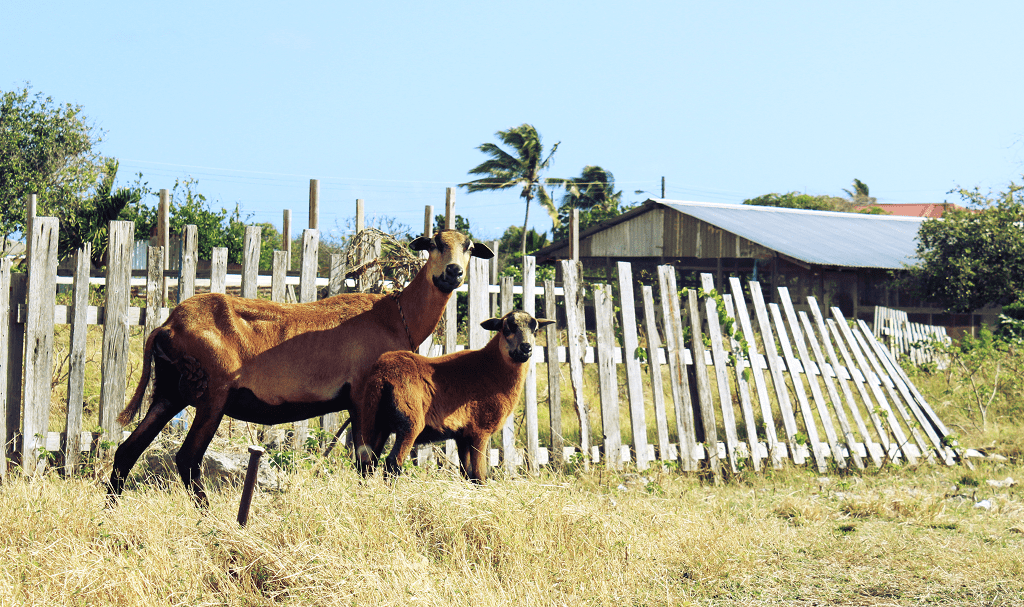
Several initiatives are on the cards to stimulate greater interest in farming, while enhancing Barbados’ food security.
These plans for the were outlined by Governor General Dame Sandra Mason as she delivered the Throne Speech, at the Lloyd Erskine Sandiford Centre, on Tuesday.
Dame Sandra said that at Lears, St Michael, a significant acreage of private sector lands would be made available to the public for use as allotments to engage in farming, and 100 Barbadians stood to benefit from this programme.
She also noted that the Farmers Empowerment and Enfranchisement Drive (FEED) would be strengthened with young people encouraged to engage in freight farming, which yields high returns on investment; is operated by mobile telephone, tablet or laptop; and uses less water in a climate controlled environment.
“This will be done on a lease to own basis. Some 800 people have already signed up for the FEED programme, which is expected to benefit some 2,000 persons. There will be no initial set up or investment costs to the participating farmers,” the Governor General said.
It was also noted that rapid production of Black Belly lamb would be brought on stream for local consumption; local butchers would be trained to produce specialty cuts for the hospitality sector without damaging the hides in order to develop a Black Belly leather industry. This, stressed Dame Sandra, would reduce current imports of $14 million in lamb per annum and put that money into the pockets of local families.

While also noting that there were plans to increase the production of local vegetables, she said this was anticipated to save $25 million in import costs.
Initiatives already in train were also addressed by the Governor General. She shared that cleared land at Bath, St John, had already gone to the Rastafarian community ICAR for farming, more specifically the growth and production of herbs, aloes, roots and tubers, such as sweet potatoes, cassava and yams. Additionally, she said active support was being given to a 100-acre private sector pineapple farm at Turners Hall that would package and can tertiary pineapple products, and at Frizers, plantains and bananas were being grown and were on target to reduce imports of bananas by almost 50 per cent.
Dame Sandra also spoke about legislation in agriculture, in particular that related to medicinal cannabis. Pointing out that this was already in place and the regulations would soon be finished, she stressed: “This is a potentially lucrative industry. Access to licences and land for farming will be given to ordinary Barbadians who have an interest in this type of farming, crop cultivation, transportation or processing will be given support to invest and participate in the industry. All foreign investments must also have local participation.”
Addressing praedial larceny, which she considered “a significant problem afflicting legitimate farmers and causing tremendous losses”, she said Cabinet had agreed to repeal the Act of 2017 and replace it with more effective legislation. Stating that this would include drone technology for surveillance, as well as for the application of pesticides and water, the Governor General added: “Block chain technology will be introduced for seed to chain tracking. The Royal Barbados Police Force has been asked to consider the establishment of a unit to deal with praedial larceny.”
With respect to challenges occasioned by drought and lack of access to water by farmers, she said it was anticipated that the use of reclaimed water to recharge the St. Philip aquifer and for crop irrigation in the south of the island would augment Barbados’ scarce water resources and provide much needed water for farmers as the country strove for food security.
Adding that Government would also be pursuing a freshwater augmentation strategy via two contracts issued before May 2020, Dame Sandra further stated that government plantations at River, St Philip, as well as Bath and Wakefield in St John, would also be used for water harvesting and boosting agricultural production.
